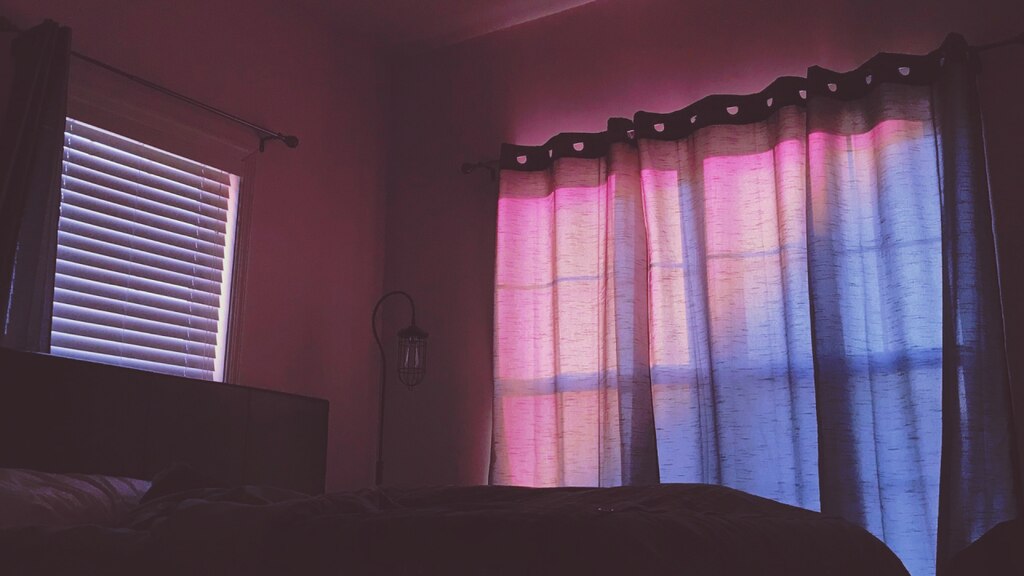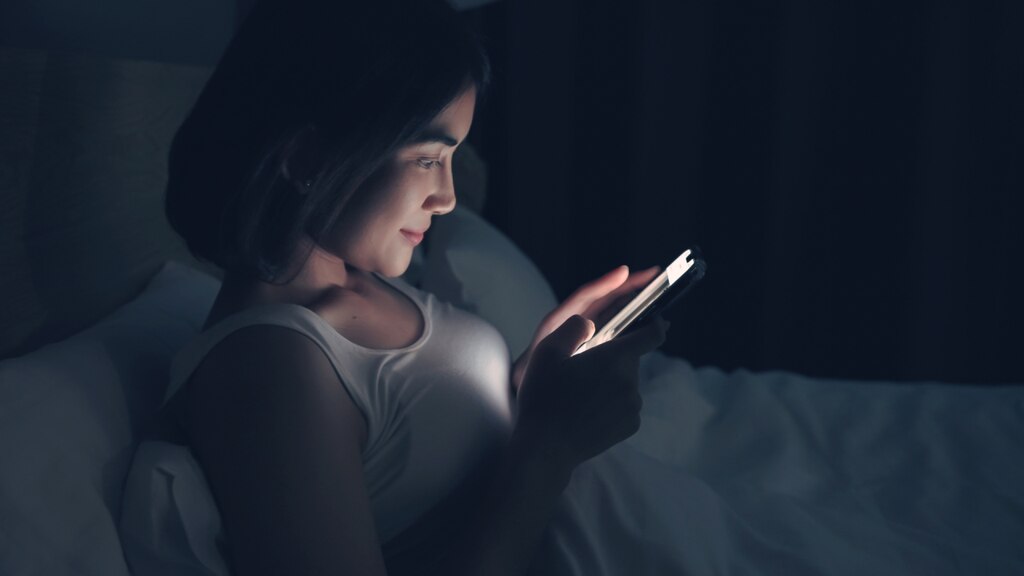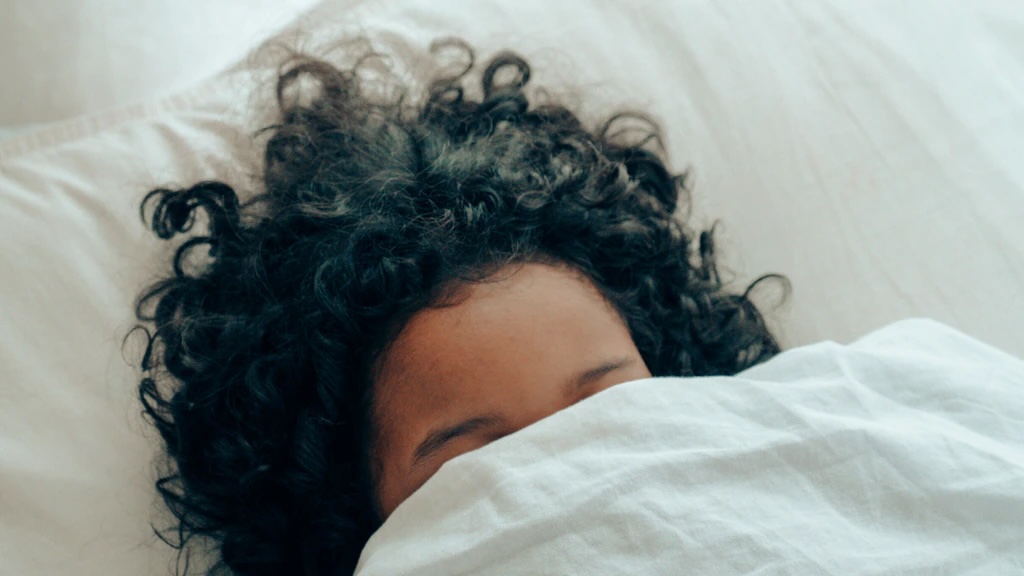
Are you finding it difficult to fall back asleep during the night? Sleep expert Olivia Arezzolo offers a simple guide that ensures you develop a consistent sleep pattern.
Waking through the night is something that is experienced by 86% of us, with lights, noise and anxiety the primary culprits, according to a 2023 sleep and snoring report. I know this is the case from conversations with sleep-deprived friends and family.
While almost all of us are struggling, and as it stands, few of us have a solid, science-based plan to return to sleep. And instead are lying awake for hours through the night and arriving the next day foggy and fatigued. I don’t want you or anyone you know to experience this, so here’s my four-step plan and top four tips for returning to sleep.
Step 1: If you are awake longer than 20 minutes in bed, get up and move to the lounge
This ensures your bed is kept for sleep and sleep only and that your brain strongly agrees that bed equals sleep. In doing so, as soon as you see your bed, you naturally produce hormones like melatonin,that enable you to fall asleep faster.
While this sounds like somewhat of a dream (pun intended), think about what happens when you see a bathroom sign. All of a sudden, though you had no thoughts of it before, you need to use the toilet. Sound familiar? This is because a bathroom sign is a cue for using the bathroom and causes the production of hormones responsible for doing so. In a similar light, you want your brain to produce sleep hormones upon seeing a bed, which occurs when you use it for sleep and sleep only.
Step 2: Put on 100% blue light blocking glasses
I’ve mentioned before the importance of blue light glasses to fall asleep, which is equally important when you need to fall back to sleep too.
Recall melatoninis controlled by blue light. Plain and simple: in the presence of light, melatonin is suppressed, leaving us wide awake. In the absence of light, melatonin is produced, and we feel sleepy.
Note that 100% blue light blocking glasses are not those with transparent lenses or filters in glasses provided by your optometrists. Rather, they have a distinct red or orange lens – so make sure you wear these, not clear ones.

“The only thing I ask, as your sleep coach, is that you do not use your phone, TV or laptop.” Image: unsplash
Step 3: Read a book
Especially if you wake with the energy of a thousand suns, which is typically for those under stress (meaning their nighttime wakings are attributed to high levels of cortisol), reading a book is an extremely valuable exercise. As it requires your mind to focus on a specific topic, it saves you from thinking about the thousands of other things that are probably floating around your mind. Ironically, these usually cannot be solved at 3am, like your excessive workload or relationship issues.
If you are finding it hard to settle into a book, some journaling can be helpful. Simply write out everything on your mind, and when you feel you’ve had a mental vent go to your faithful bedtime book.
Step 4: Only return to bed when you are just about to fall asleep
Appreciating how impossible it sounds that you will actually be tired enough to fall asleep – it will happen if you follow the plan above. When you are finally dozing off, head back to bed, quick smart.

Remember, only return to bed when you’re right about to fall asleep. Image: Canva
5 top tips to make returning to sleep even easier:
- Feel free to get up if you wake up around 5 or 5:30am. Even if you haven’t had your 7-9 hours of sleep, it may be easier to simply wake then, start your day and take a short nap later in the day.
- If reading a book really isn’t doing it for you, opt for something that does. Deep breathing, meditating, and writing – are all calming activities with a similar effect. The only thing I ask, as your sleep coach, is that you do not use your phone, TV or laptop. It’s far too stimulating and will only keep you up longer.
- Give it time. This plan will work, but it takes time for your brain to understand your new patterns for waking less and falling asleep easier. Try this for at least a few days, or ideally for a week, to assess the impact properly.
- If you cannot stay off your phone, TV or laptop, at least mitigate the effects of blue light from the screen with blue light blocking glasses and low screen brightness. Not my preference for you, but if you must, then this will help you.
- Know that lights, yes, your regular ceiling lights – emit blue light too. If you wake up to use the bathroom, keep the lights off; if you can’t, then pop on your glasses. Otherwise, you make it harder for yourself to return to sleep post-loo visit.
Originally featured on Body and Soul
+ show Comments
- Hide Comments
add a comment